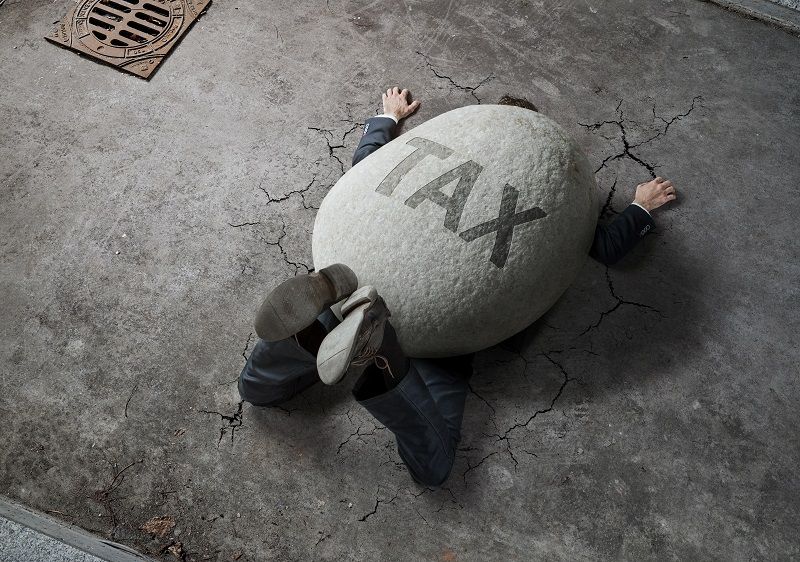
Why should doing something that is legal today land you in jail tomorrow? It shouldn’t, and the framers of our U.S. Constitution made that abundantly clear.
Article 1 Section 9 reads, “No … ex post facto Law shall be passed” by Congress; Article 1 Section 10 declares, “No State shall … pass … any ex post facto Law …” The Oregon Constitution Section 21 concurs, “No ex post facto law … shall ever be passed …” There can be little doubt that our fore-fathers meant to protect Americans from this brand of arbitrary power.
For a moment, now imagine a world where obeying the law today provides no security. At any time you could wake up as a criminal, arrested for obeying yesterday’s laws. This smacks of dictatorship, not American democracy.
If it’s unconstitutional for new criminal laws to reach into the past, the same should be true of tax increases. The new “temporary” Multnomah County income tax and Portland Business License Fee surcharge are both retroactive; they reach back to collect monies from the start of 2003 and 2002 respectively.
This kind of unprincipled action sets a dangerous precedent. If government is allowed to go back 5 months or 15 months, why stop there? People were making a lot of money 30 to 60 months ago, and I bet there is still some of it left to tax. If voters don’t stop their elected officials, retroactive taxes will become one more pool for politicians to dip into when their bloated budgets inevitably come up short.
© 2006, Cascade Policy Institute. All rights reserved. Permission to reprint in whole or in part is hereby granted, provided the author and Cascade Policy Institute are cited. Contact Cascade at (503) 242-0900 to arrange print or broadcast interviews on this topic. For more topics visit the QuickPoint! archive.











